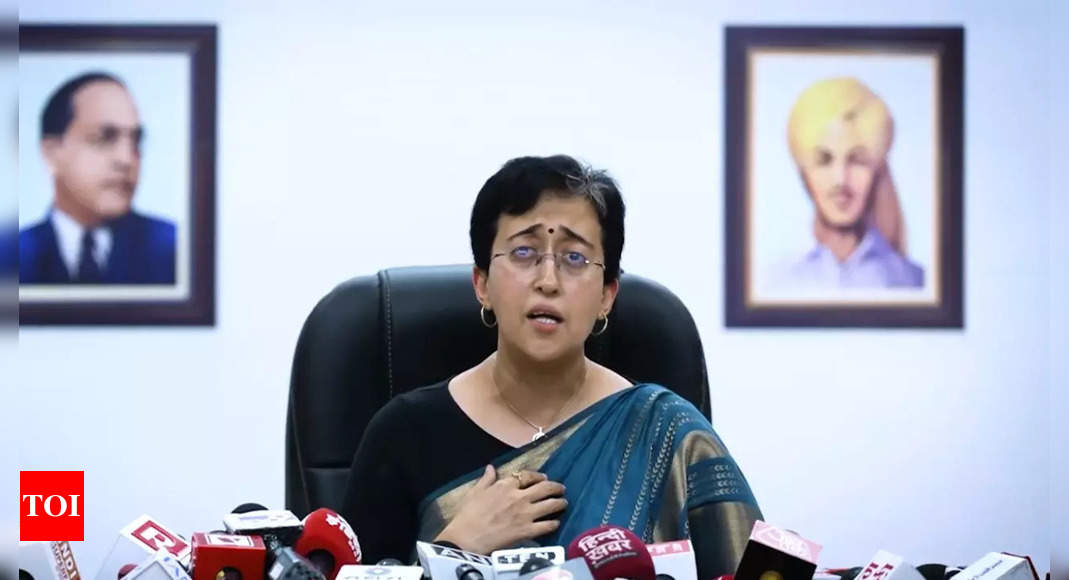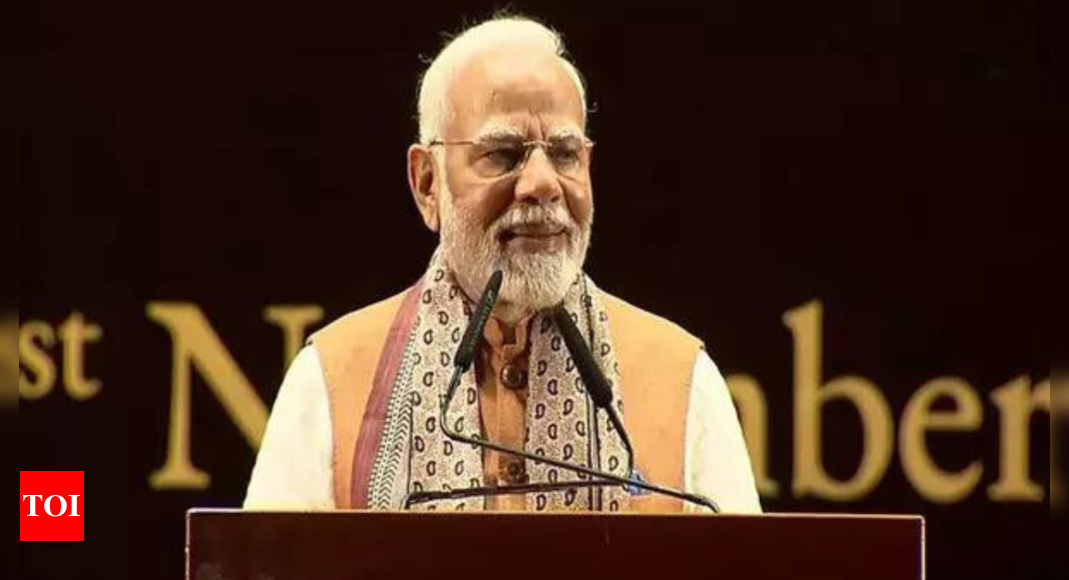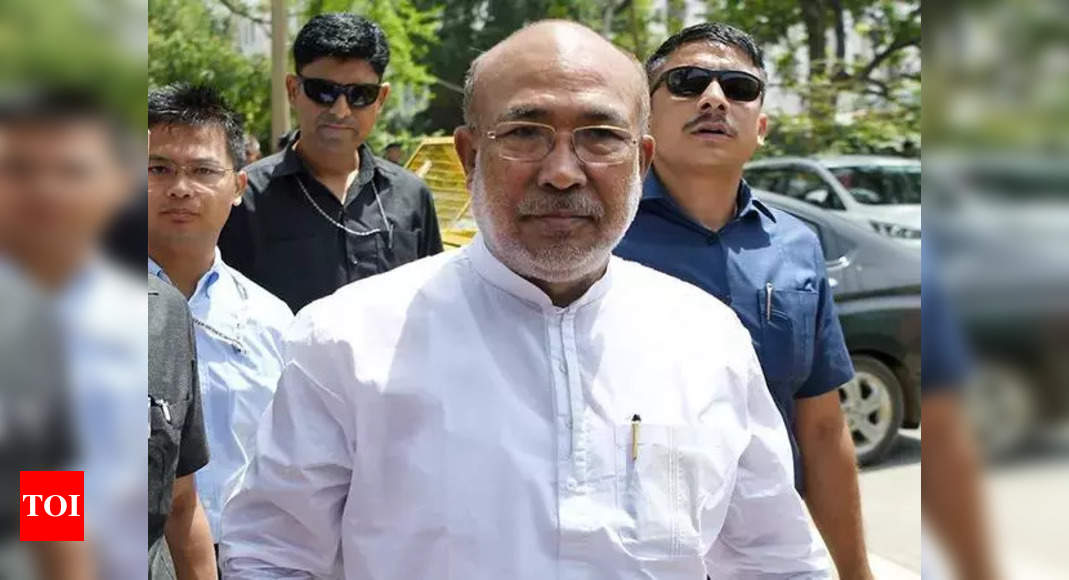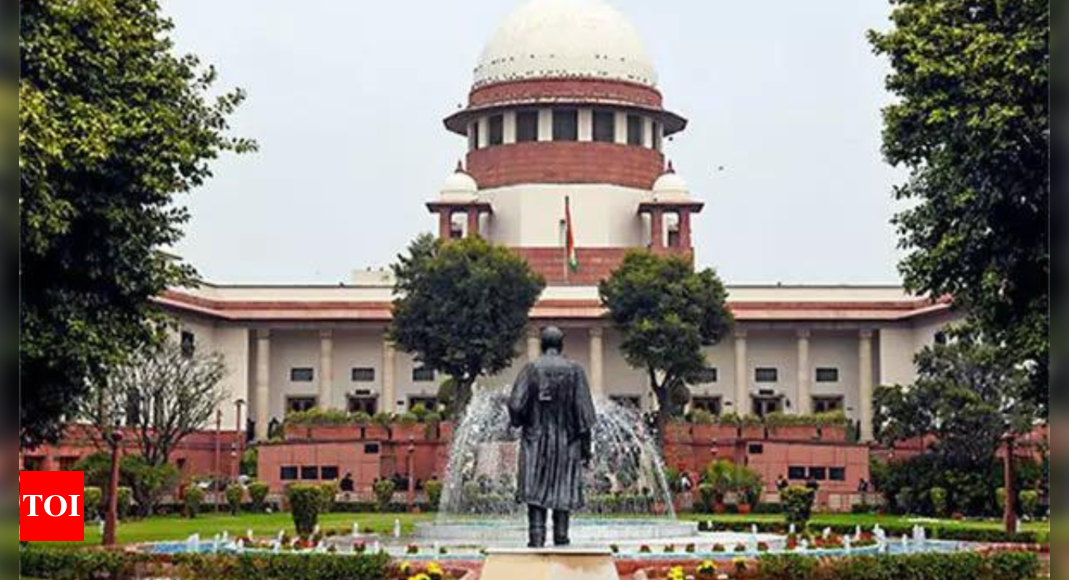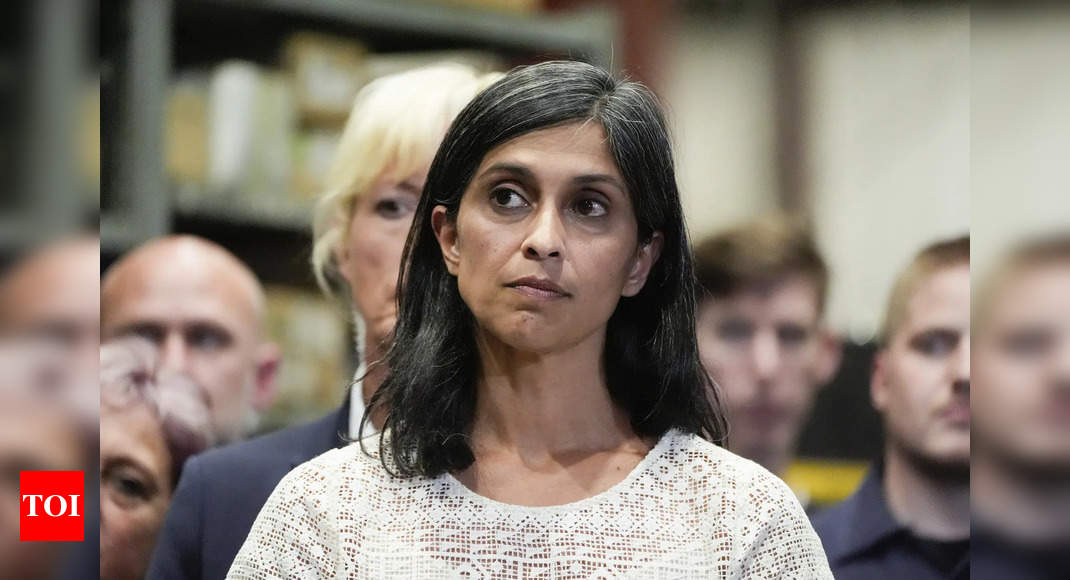
Usha Chilukuri Vance, wife of Republican vice-presidential candidate JD Vance, captured attention at the Republican National Convention with a personal account of their cross-cultural marriage. She described how her “meat and potatoes” husband adapted to her vegetarian diet and even learned to cook Indian food from her immigrant mother. The image of JD Vance, a white Christian, preparing the spicy cuisine of his wife’s South Indian heritage was striking, particularly in a party whose members are still largely white and Christian.
Despite this, Usha Vance made no mention of her Hindu upbringing or their interfaith relationship in her four-minute speech, avoiding details that have exposed her to online vitriol and hate.While some political analysts argue that her presence as a Hindu American still makes the community proud, others question whether the Republican Party is genuinely ready for a Hindu second lady.
“To me, it seems like her Hindu identity is more of a liability than an asset,” said Dheepa Sundaram, a Hindu Studies professor at the University of Denver. “It also feels like the campaign wants to have it both ways: Usha may be Hindu, which is great, but we don’t want to talk about it.”
Usha Vance has chosen to remain silent about her religion in the lead-up to the election. She declined to speak with The Associated Press about her faith, including whether she is a practicing Hindu, if she attends Mass with her Catholic husband, or in which faith tradition their three children are being raised. Brought up in a Hindu household by immigrant parents in San Diego, Usha did confirm that one of their children has an Indian name, and that she and JD Vance were married in both “an Indian and an American wedding.”
Her Hindu background could resonate with some South Asian voters, particularly in swing states like Arizona, Georgia, and North Carolina, where larger South Asian communities could play a role. However, Sundaram noted that while some Hindu conservatives may embrace Usha Vance, her Hindu identity doesn’t seem to be part of the party’s public-facing strategy.
Suhag Shukla, executive director of the Hindu American Foundation, believes that Usha Vance’s influence on her husband’s religious journey is “as Hindu as it gets.” She explained, “Hinduism is about finding your own path and getting in touch with your own spirituality.” Shukla added that Usha’s interfaith marriage and her ability to listen to different perspectives are reflective of Hindu teachings. “Hindu Americans assimilate but also hold on to what inspired them from their tradition and culture,” Shukla said. “Our pluralistic background puts us in a good position to get along with different people without compromising who we are.”
Ohio State Sen. Niraj Antani, a Republican and Hindu American, also commented on Usha Vance’s potential to appeal to Hindu voters, particularly those who support the politics of Indian Prime Minister Narendra Modi. “A second lady who looks like us and speaks like us” could help capture the attention of voters that have been challenging for Republicans to reach, Antani said. However, he also acknowledged the challenges, stating, “If Republicans don’t reach out to minority groups, we will lose elections.”
Vivek Ramaswamy, a Hindu entrepreneur who ran for the 2024 Republican presidential nomination and now supports the Trump-Vance ticket, made his faith central to his campaign, emphasizing commonalities between Hindu and Judeo-Christian values. However, Ramaswamy declined to comment on Usha Vance’s religious background.
Karthick Ramakrishnan, a researcher at the University of California, Berkeley, and executive director of AAPI Data, suggested that the reluctance to discuss Usha Vance’s Hindu identity and Ramaswamy’s defeat in the primary may reflect broader challenges within the Republican Party. “What we’ve seen since the convention is more exclusionary elements within the Republican Party speaking up and against Usha and JD Vance,” Ramakrishnan said. “This, to me, suggests that there is a political price to pay in terms of being open about one’s religious identity that is not Christian. There’s still a long way to go.”
Antani dismissed the idea that Usha’s faith could be a disadvantage, arguing that “the racism is coming from racists, not Republicans.” He believes Ramaswamy’s loss was not due to his Hindu faith but because he was less well-known than other candidates.
As the campaign continues, Usha Vance’s faith and the Republican Party’s approach to diversity will remain under scrutiny, especially as the party tries to broaden its appeal while maintaining its core support base.
Despite this, Usha Vance made no mention of her Hindu upbringing or their interfaith relationship in her four-minute speech, avoiding details that have exposed her to online vitriol and hate.While some political analysts argue that her presence as a Hindu American still makes the community proud, others question whether the Republican Party is genuinely ready for a Hindu second lady.
“To me, it seems like her Hindu identity is more of a liability than an asset,” said Dheepa Sundaram, a Hindu Studies professor at the University of Denver. “It also feels like the campaign wants to have it both ways: Usha may be Hindu, which is great, but we don’t want to talk about it.”
Usha Vance has chosen to remain silent about her religion in the lead-up to the election. She declined to speak with The Associated Press about her faith, including whether she is a practicing Hindu, if she attends Mass with her Catholic husband, or in which faith tradition their three children are being raised. Brought up in a Hindu household by immigrant parents in San Diego, Usha did confirm that one of their children has an Indian name, and that she and JD Vance were married in both “an Indian and an American wedding.”
Her Hindu background could resonate with some South Asian voters, particularly in swing states like Arizona, Georgia, and North Carolina, where larger South Asian communities could play a role. However, Sundaram noted that while some Hindu conservatives may embrace Usha Vance, her Hindu identity doesn’t seem to be part of the party’s public-facing strategy.
Suhag Shukla, executive director of the Hindu American Foundation, believes that Usha Vance’s influence on her husband’s religious journey is “as Hindu as it gets.” She explained, “Hinduism is about finding your own path and getting in touch with your own spirituality.” Shukla added that Usha’s interfaith marriage and her ability to listen to different perspectives are reflective of Hindu teachings. “Hindu Americans assimilate but also hold on to what inspired them from their tradition and culture,” Shukla said. “Our pluralistic background puts us in a good position to get along with different people without compromising who we are.”
Ohio State Sen. Niraj Antani, a Republican and Hindu American, also commented on Usha Vance’s potential to appeal to Hindu voters, particularly those who support the politics of Indian Prime Minister Narendra Modi. “A second lady who looks like us and speaks like us” could help capture the attention of voters that have been challenging for Republicans to reach, Antani said. However, he also acknowledged the challenges, stating, “If Republicans don’t reach out to minority groups, we will lose elections.”
Vivek Ramaswamy, a Hindu entrepreneur who ran for the 2024 Republican presidential nomination and now supports the Trump-Vance ticket, made his faith central to his campaign, emphasizing commonalities between Hindu and Judeo-Christian values. However, Ramaswamy declined to comment on Usha Vance’s religious background.
Karthick Ramakrishnan, a researcher at the University of California, Berkeley, and executive director of AAPI Data, suggested that the reluctance to discuss Usha Vance’s Hindu identity and Ramaswamy’s defeat in the primary may reflect broader challenges within the Republican Party. “What we’ve seen since the convention is more exclusionary elements within the Republican Party speaking up and against Usha and JD Vance,” Ramakrishnan said. “This, to me, suggests that there is a political price to pay in terms of being open about one’s religious identity that is not Christian. There’s still a long way to go.”
Antani dismissed the idea that Usha’s faith could be a disadvantage, arguing that “the racism is coming from racists, not Republicans.” He believes Ramaswamy’s loss was not due to his Hindu faith but because he was less well-known than other candidates.
As the campaign continues, Usha Vance’s faith and the Republican Party’s approach to diversity will remain under scrutiny, especially as the party tries to broaden its appeal while maintaining its core support base.





